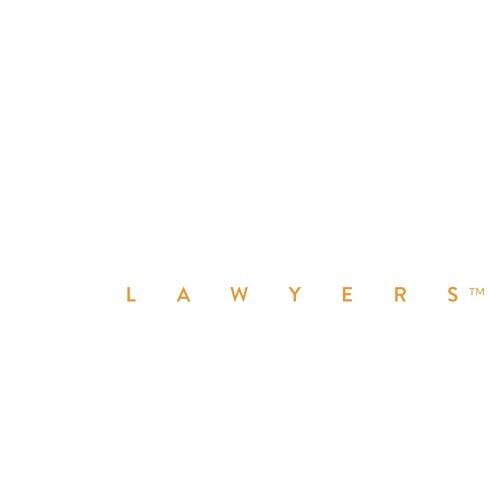Best Administrative Lawyers in Namibia
Share your needs with us, get contacted by law firms.
Free. Takes 2 min.
Or refine your search by selecting a city:
List of the best lawyers in Namibia
About Administrative Law in Namibia:
Administrative law in Namibia refers to the body of law that governs the activities of administrative agencies of the government. These agencies are responsible for implementing and enforcing various laws and regulations, as well as making decisions that affect the rights and interests of individuals and businesses.
Why You May Need a Lawyer:
You may need a lawyer in Namibia for administrative law matters in situations such as challenging a decision made by a government agency, seeking compensation for a government action that has affected you, or navigating complex administrative procedures. A lawyer can help you understand your rights, assess the strength of your case, and represent you in administrative proceedings or court.
Local Laws Overview:
In Namibia, administrative law is primarily derived from statutes, common law principles, and the Constitution. Key aspects of local laws relevant to administrative law include the Administrative Justice Act, which outlines procedures for administrative decision-making, and the Namibian Constitution, which guarantees the right to administrative justice and fair administrative action.
Frequently Asked Questions:
1. What is administrative law?
Administrative law deals with the rules and regulations governing government agencies and their interactions with individuals and businesses.
2. How can I challenge a decision made by a government agency?
You can challenge a decision by filing an appeal or seeking judicial review through the courts.
3. What is administrative justice?
Administrative justice refers to the principles of fairness, reasonableness, and transparency in administrative decision-making.
4. Can I sue a government agency for damages?
Yes, you can sue a government agency for damages if you have suffered harm as a result of their actions.
5. What are my rights under Namibian administrative law?
Your rights include the right to fair administrative action, access to information, and the right to be heard before a decision is made that affects you.
6. How can a lawyer help me with administrative law matters?
A lawyer can provide legal advice, help you navigate administrative procedures, represent you in hearings or court, and advocate for your rights.
7. Are there time limits for challenging administrative decisions?
Yes, there are usually time limits for filing appeals or seeking judicial review, so it is important to act promptly.
8. Can I represent myself in administrative proceedings?
While you have the right to represent yourself, it is advisable to seek legal assistance to ensure your interests are adequately protected.
9. How much does it cost to hire a lawyer for administrative law matters?
The cost of hiring a lawyer varies depending on the complexity of the case and the lawyer's fees. Some lawyers may offer free initial consultations or work on a contingency fee basis.
10. How can I file a complaint against a government agency?
You can file a complaint with the relevant ombudsman or oversight body responsible for handling complaints against government agencies.
Additional Resources:
For more information on administrative law in Namibia, you can contact the Namibian Law Society, the Legal Assistance Centre, or the Office of the Ombudsman.
Next Steps:
If you require legal assistance with administrative law matters in Namibia, consider reaching out to a qualified lawyer with experience in this field. They can provide you with personalized advice and representation to help you navigate the complexities of administrative law and protect your rights.
Lawzana helps you find the best lawyers and law firms in Namibia through a curated and pre-screened list of qualified legal professionals. Our platform offers rankings and detailed profiles of attorneys and law firms, allowing you to compare based on practice areas, including Administrative, experience, and client feedback.
Each profile includes a description of the firm's areas of practice, client reviews, team members and partners, year of establishment, spoken languages, office locations, contact information, social media presence, and any published articles or resources. Most firms on our platform speak English and are experienced in both local and international legal matters.
Get a quote from top-rated law firms in Namibia — quickly, securely, and without unnecessary hassle.
Disclaimer:
The information provided on this page is for general informational purposes only and does not constitute legal advice. While we strive to ensure the accuracy and relevance of the content, legal information may change over time, and interpretations of the law can vary. You should always consult with a qualified legal professional for advice specific to your situation.
We disclaim all liability for actions taken or not taken based on the content of this page. If you believe any information is incorrect or outdated, please contact us, and we will review and update it where appropriate.
Browse administrative law firms by city in Namibia
Refine your search by selecting a city.

















